نبذة عن كتاب The Arab Gulf Economies: Challenges and Prospects
The economies of the Gulf States are more or less dependent on revenues generated from oil and gas as well as related petrochemical and refining industries. The total proven oil reserves of the six member countries of the Gulf Co-operation Council accounted for 44.2% of total world reserves, while natural gas reserves accounted for 15.5% by the end of 1998.
It is clear that proven reserves of both crude oil and natural gas of the GCC countries have increased in both absolute and relative terms over the course of twenty years. Their combined reserves of crude oil climbed from 276.1 billion barrels by the end of 1978 to 465 billion barrels by the end of 1998.
It may also be observed that while the proven reserves of natural gas in those six countries are substantial, given the small size of their populations, they are not significant in relation to world wide reserves. Yet, their proven oil reserves are important, especially if those of Iraq are included, as these represent more than half of world oil reserves. Hence, the future demand for oil will have to rely heavily on supplies from the Arab Gulf countries.
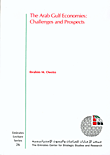
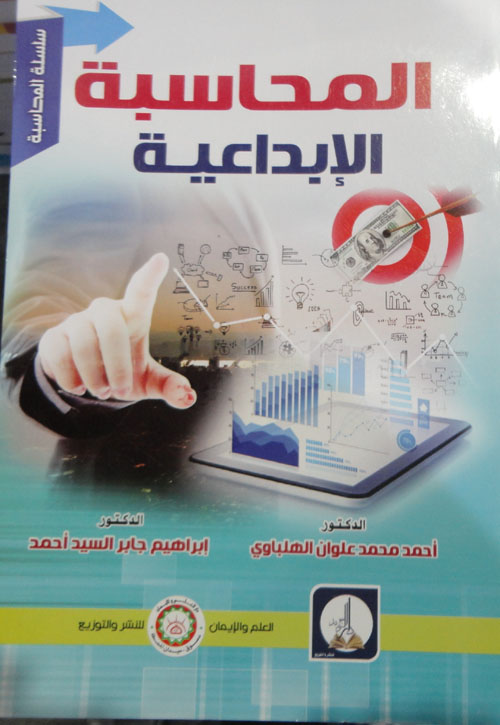


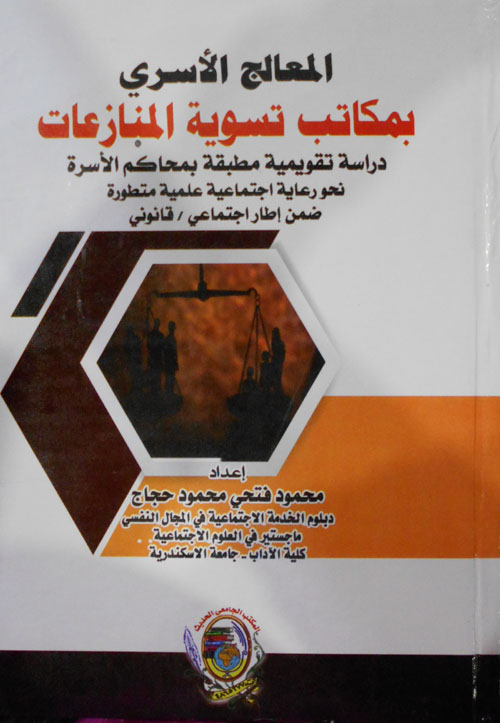

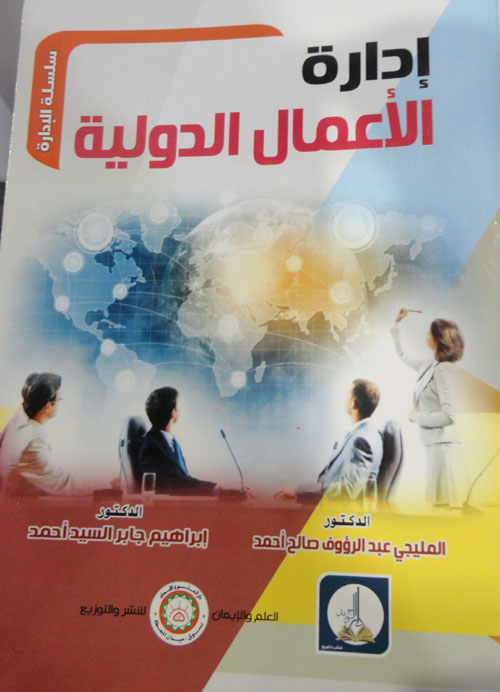
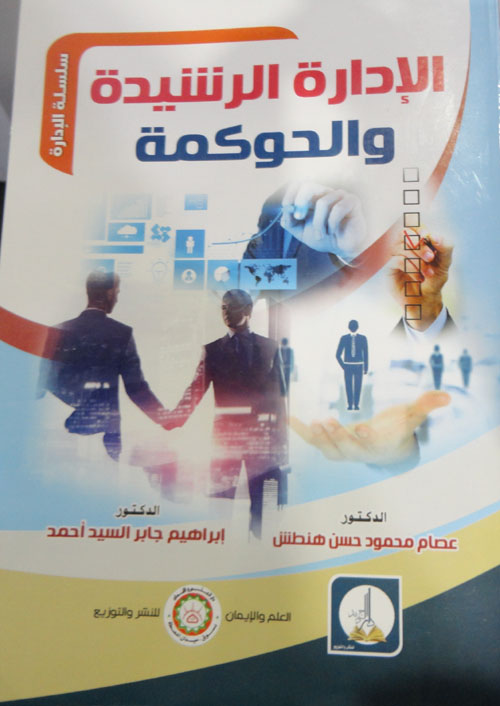
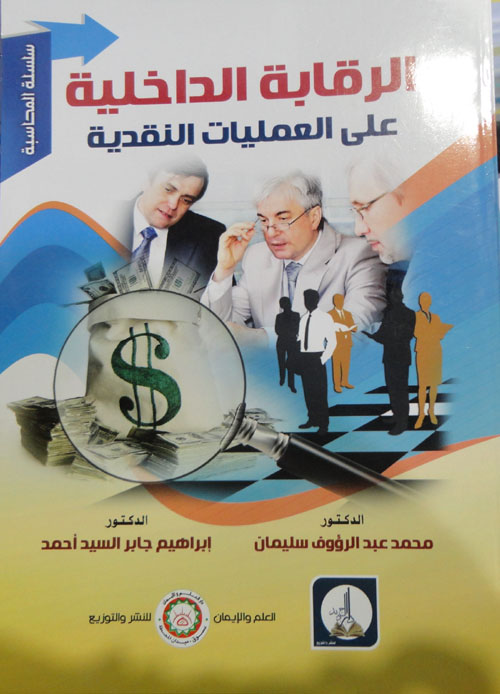

المراجعات
لا توجد مراجعات بعد.